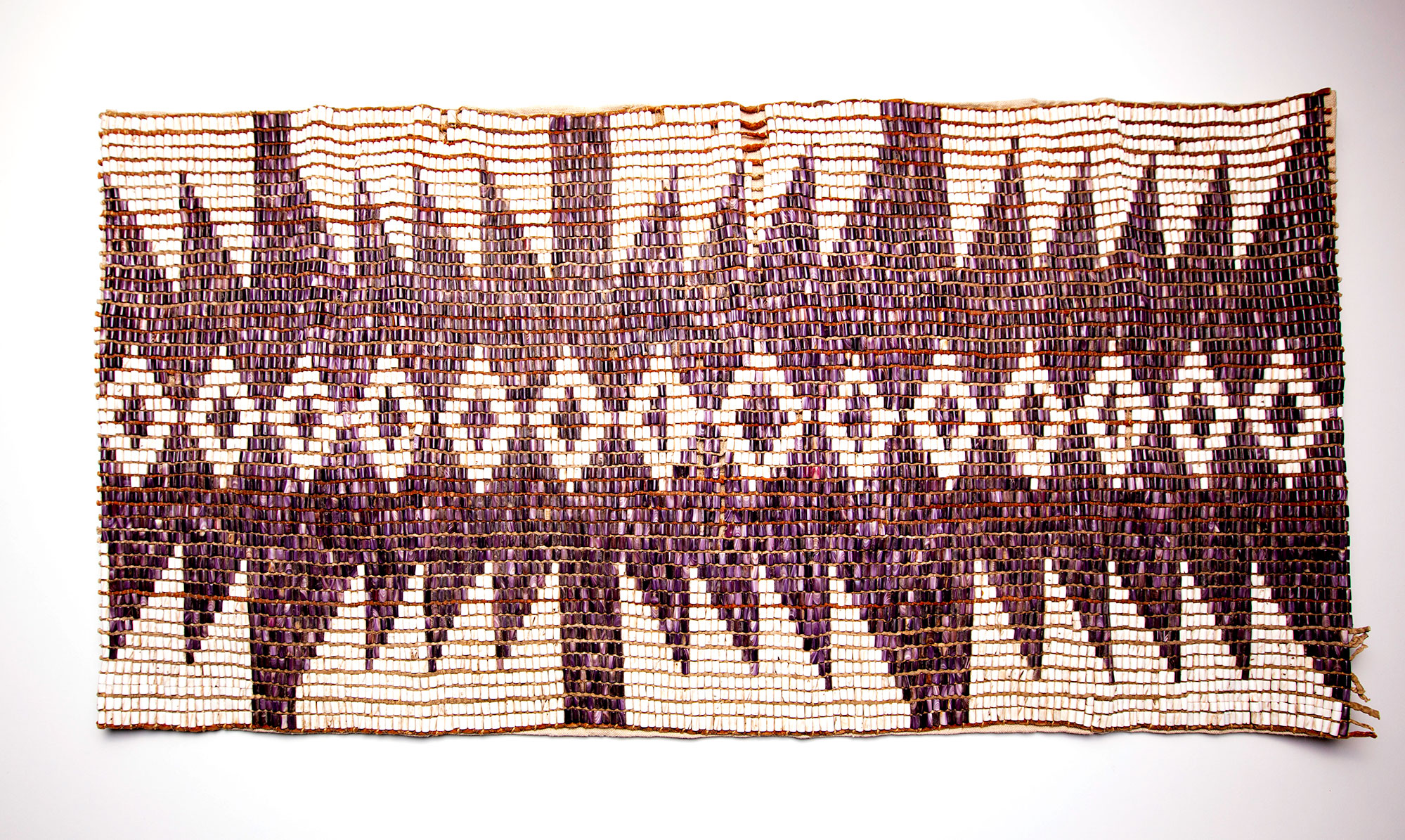All right so I’m not super well-read in this area but I did a scattershot self-guided reading trying to understand early ancient Mesopotamia in my undergrad. Of the dozens (and dozens and dozens…) of sources I consulted the most interesting was a short article by a woman (I think in the handbook of ancient near eastern history or something like that, I’m not sure) basically very cantankerously pointing out tha the footprint of pastoralism is seriously faint in the archaeological record and we probably seriously underestimate the extent to which civilisations like ancient Mesopotamia were also underscored by and based on pastoralism. I’m aware of famous ethnographies of pastoralist communities (the Nuer etc) but what are/are there important works theorising pastoralism per se and what it can tell us about human history and human ecology?


This all sounds interesting and I wish I had the education to answer it, but I don’t.
I think Mesopotamia is interesting precisely due to it being the first place where sedentary societies truly became common place and archaeology in that region might give us clues where that transition happened.
As for biological changes, I wonder if we might be able to find signs of viruses or diseases from bones of pre-historical humans? Some diseases likely jumped from cattle to humans, like with COVID-19.